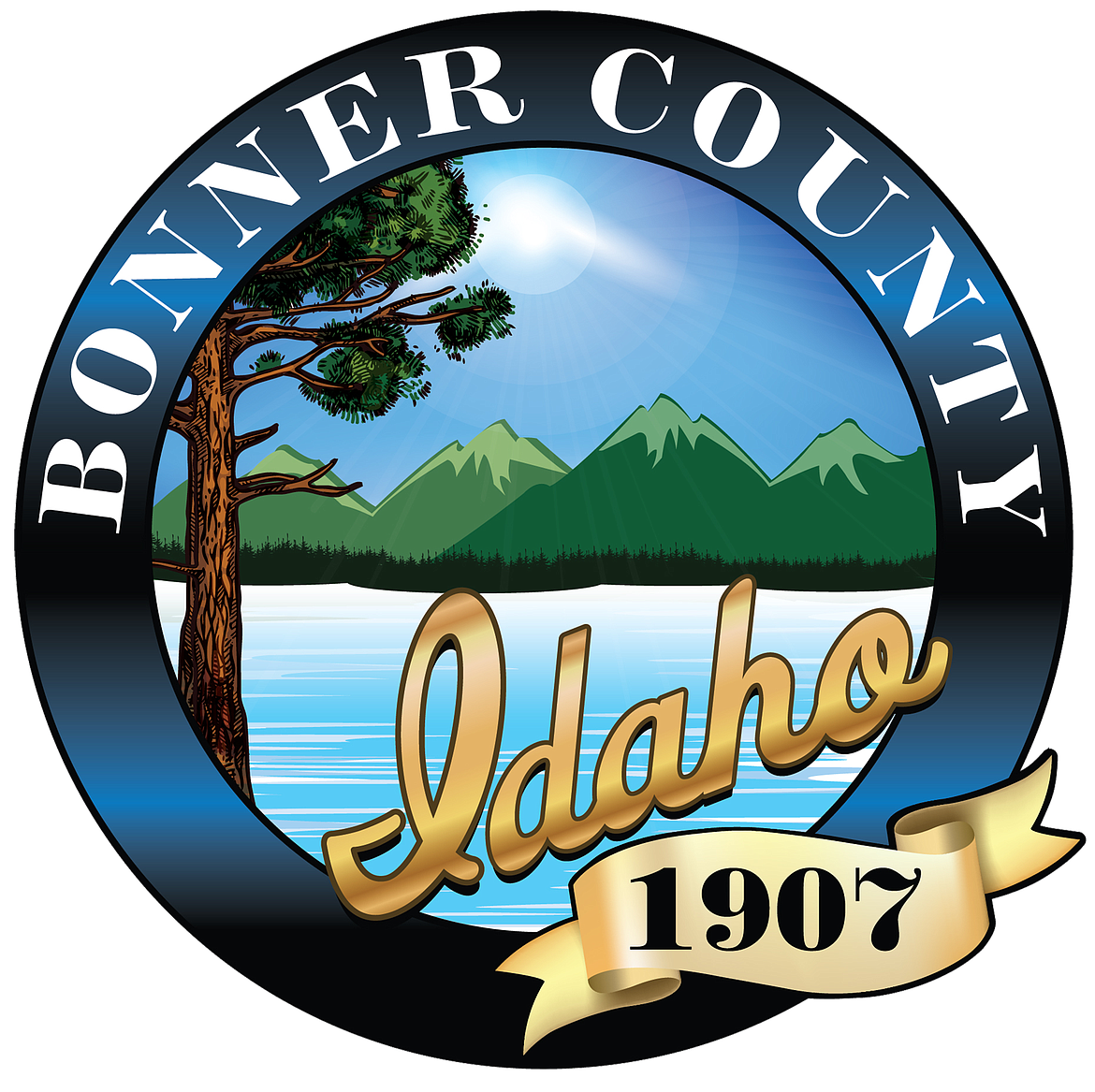Prosecutor: Public comments protected speech
SANDPOINT — While Bonner County commissioners can remove those they feel are being disruptive from their meetings, it isn't something he would recommend, Bonner County Prosecuting Attorney Louis Marshall told the board.
After another contentious meeting, the board eventually adopted a motion to allow a one-hour public comment period at the start of its Tuesday business meetings. The business portion would begin at 10 a.m.
The board had sought guidance from Marshall after several disruptive meetings in which residents were either threatened with or were ordered from the meeting. The memo from Marshall, dated March 13, addresses a request from the board on how it could effectively remove a citizen from its regular business meetings if they were, in the board's opinion, being disruptive.
However, Marshall cautioned against such a move, saying doing so could violate residents' protected rights to free speech and participation in public meetings such as the BOCC's regular business meeting.
Not only are their comments and participation protected under the First Amendment, but the prosecutor also said county ordinances codify residents' ability to speak at the meetings, setting a framework for them to do so. As such, Marshall said the regular business meetings are defined as limited public forums as defined and protected by the First Amendment.
Marshall said county ordinances create both a public comment segment and allow for agenda-specific comment opportunities during the board's meetings.
"It is our opinion that allowing citizens to express their views to government officials during the public comment segment of the [regular business meeting] serves as an opportunity for members of the public to hear diverse perspectives on matters of public concern," Marshall said.
The result is an open and democratic government and gives the board the ability to hear — and consider — the views and concerns of a broad range of constituents.
"It also serves to enable the citizens who are voicing their concerns to the BOCC to also, at the same time, voice their concerns to the public and media," Marshall wrote in the memo. "These ideas are all part of the First Amendment public comment jurisprudence and are likely built into BCRC 1-2 and therefore should be considered when conducting a reasonableness analysis."
While Idaho's trespass law allows the BOCC to remove individuals from facilities controlled by the board, that ability is curtailed by the First Amendment, Marshall wrote.
Marshall said it was his opinion that the county's regulations place a priority on allowing those comments.
While there is a need to balance public participation at the board's business meetings with its ability to efficiently conduct business, efforts to limit participation "must be shown to be reasonable under the circumstances," Marshall said.
"The right to attend and participate in … public meetings is a fundamental aspect of the First Amendment's protection of free speech as well as the right to petition the government for redress of grievances," Marshall said. "Under the First Amendment doctrine, a county government is generally required to allow for public comment at its [limited public forum] designated [regular business meeting."
The U.S. Supreme Court has recognized that the First Amendment protects the right of citizens to participate in such meetings, "including the right to express their views and opinions on matters of public concern."
Restricting that right could place commissioners at risk in both their official capacity and individually, Marshall said, noting that the Civil Rights Act allows individuals to sue government officials who violate their constitutional rights. Local law enforcement also could be sued if they remove someone from the meeting in violation of their First Amendment rights.
Before taking action that might restrict citizens' First Amendment comment and participation rights, Marshall advised commissioners to draft a policy — along with counsel — that balances the need to conduct an efficient business meeting with those rights.
Regulation of comments must be reasonable in time, place, and manner, Marshall said. Recent limits on the amount of time allowed for public comment could be problematic.
"It is the Prosecutor's understanding that a bright-line per-se rule of 12-minutes has been considered reasonable by some on the BOCC as it applies to the public comment segment of the RBM," Marshall wrote in the memo. "It is our opinion that such a rule is unreasonable."
Marshall advised the BOCC that it was his opinion that the board should allow the comments "absent extreme circumstances."
"In our experience, prior BOCCs have had little difficulty in accommodating everyone that wished to speak in the public comment segment," Marshall said. "In our recollection, prior BOCCs have rarely if ever imposed total time limits on public comment in the RBM and have still been able to conclude their weekly business efficiently and effectively. Even with tight schedules, prior BOCCs have found ways to accommodate public comment by rearranging the order of agenda or continuing the RBM to a different time or day if necessary."
Bonner County Sheriff Daryl Wheeler, who shared the memo with the Daily Bee, criticized the board at Tuesday's meeting when BOCC Chairman Steve Bradshaw paused the meeting to order a resident from the room.
"When I took an oath to uphold the Constitution … [and] when someone asks the sheriff to step in and arrest somebody for expressing their First Amendment right, I will never, ever do that," Wheeler said, prompting a round of applause. "So it's offensive to be called to violate … someone's rights when you knew and you are aware of a memo that was written and has not been applied."

